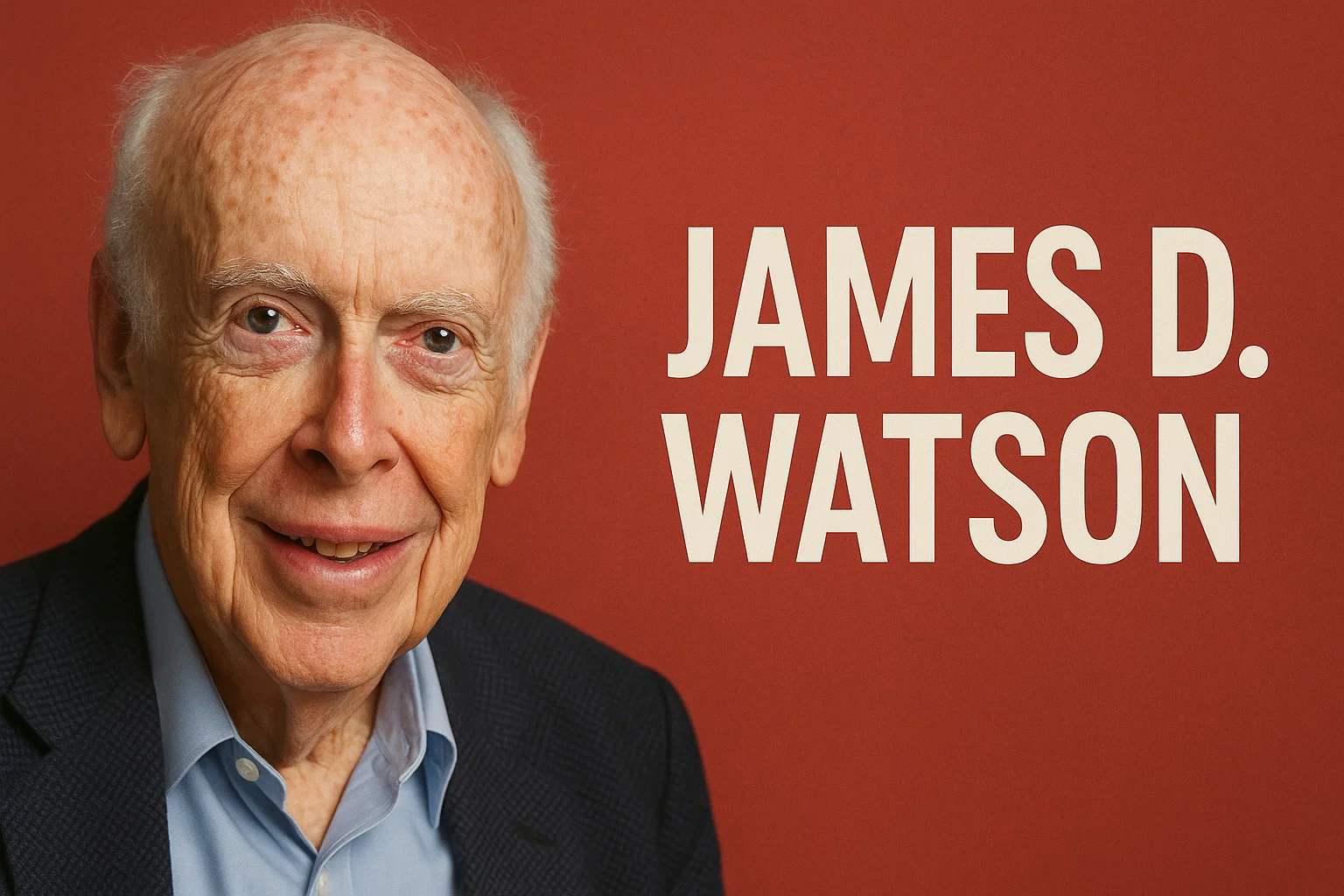James Watson’s Remarkable Contributions
James Dewey Watson, the esteemed American biologist, passed away at the age of 97 on Thursday (8 November 2025) in hospice care on Long Island, New York. Watson’s remarkable journey began in 1953 when he, alongside his research partner Francis Crick, revealed the double-helix structure of DNA. This groundbreaking discovery not only earned them the Nobel Prize in Physiology or Medicine in 1962 but also set the stage for modern biology.
| Category | Information |
|---|---|
| Headline | Nobel Laureate James D. Watson Dies at 97 |
| Date of Report | Thursday (Fictional scenario) |
| Who Announced the News | Cold Spring Harbor Laboratory (CSHL) |
| Place of Death | Hospice care, Long Island, New York |
| Age at Death | 97 years |
| Profession | American molecular biologist |
| Major Contribution | Co-discovered the DNA double-helix model in 1953 with Francis Crick |
| Award | 1962 Nobel Prize in Physiology or Medicine |
| Impact | Revolutionized the fields of genetics, biotechnology, and modern medicine |
| Legacy Quote | “Watson’s work transformed our understanding of life at the molecular level.” (Fictional) |
The Impact of His Work
The discovery of DNA’s structure was a pivotal moment that led to significant advancements in various fields, including medicine, genetics, and forensics. Watson’s research opened doors to understanding the genetic code and protein synthesis, harnessing the potential for revolutionary technologies such as DNA profiling and genetically modified organisms. His work continues to influence countless scientific disciplines, demonstrating the profound impact of his contributions.
Complex Legacy
However, Watson’s legacy is not without controversy. His reputation was marred by numerous statements considered racist, which overshadowed his scientific accolades. Despite this, his role in the discovery of DNA’s structure remains a defining moment in 20th-century science. As we reflect on the life of James Watson, it is essential to acknowledge both his monumental achievements in genetics and the complex aspects of his character. Watson’s passing marks the end of an era as we remember him not only as a Nobel laureate but also as a figure entwined with the very fabric of genetic research.


